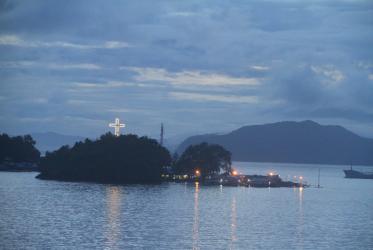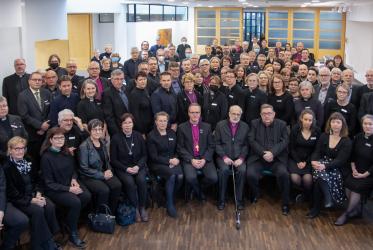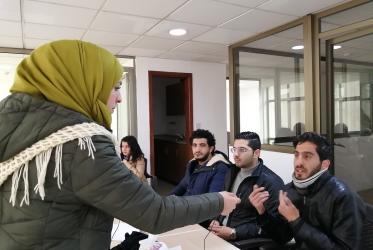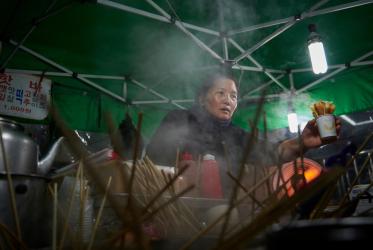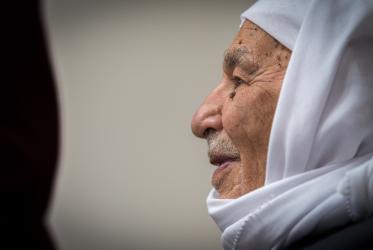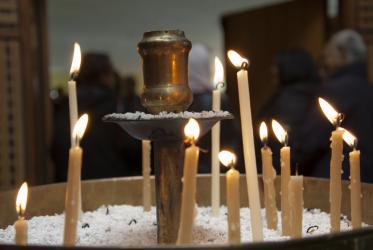Displaying 1 - 20 of 108
Promoting human dignity through art
06 September 2022
COVID-19 in conflict zones: “a crisis within another crisis”
27 November 2020
In a COVID-stricken world, “everyone is important”
23 October 2020
Are migrants seen and heard? Conference presses the question
19 October 2020
CCIA meets in Brisbane with focus on Pacific regional priorities
19 February 2020
The cry of the Papuans in Indonesia
14 November 2019
Hanbeet Rhee: “Young people can be bridges”
17 October 2019
Peacemakers at work in Sri Lanka
29 April 2019


